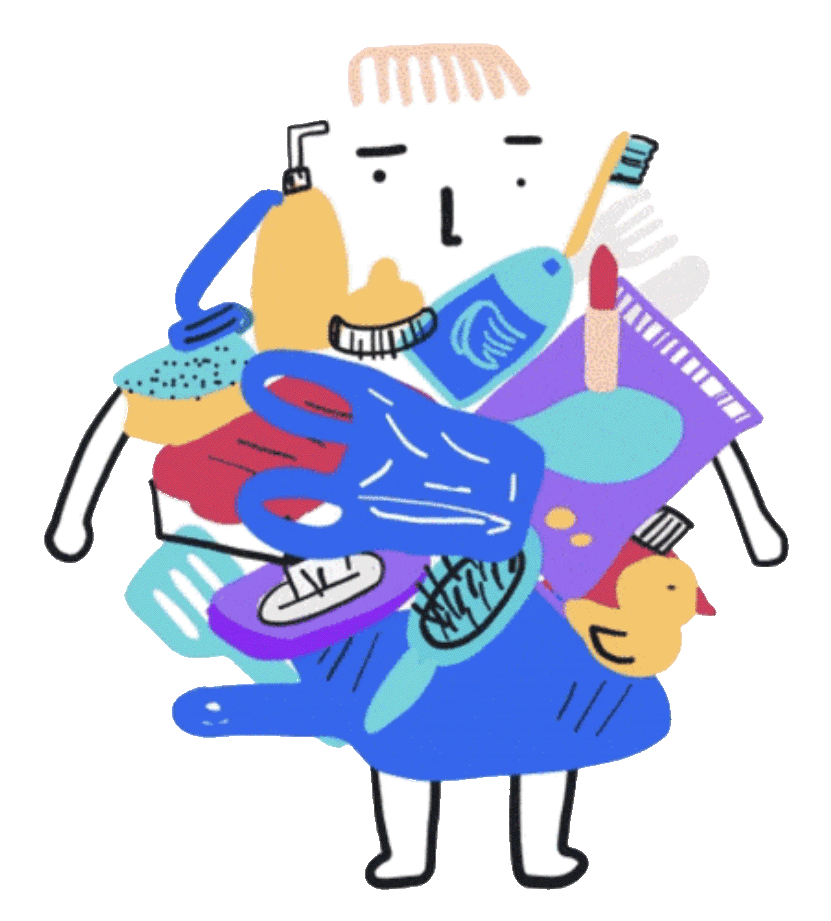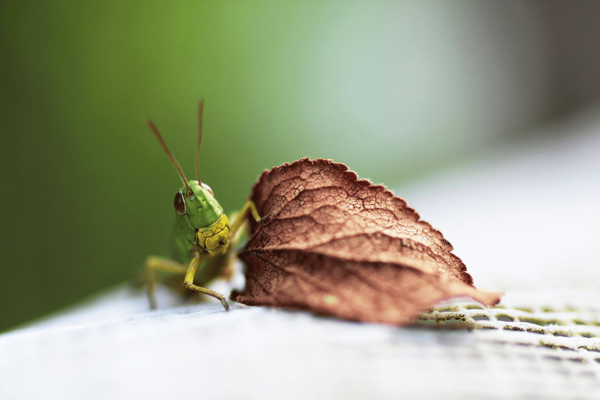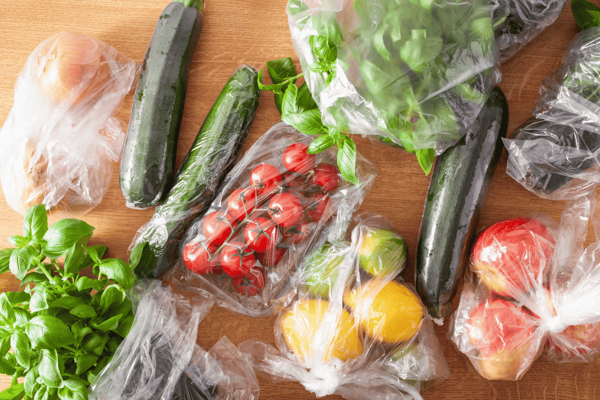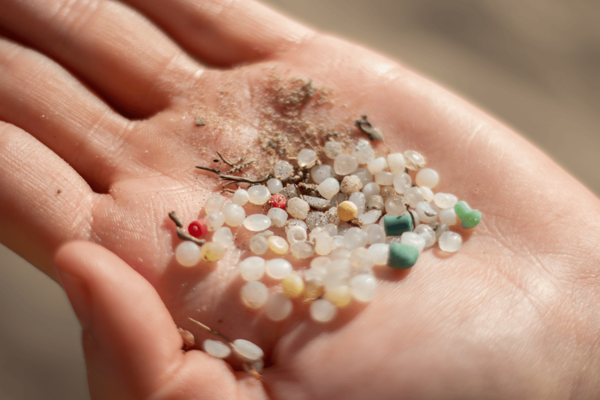Will we soon swallow (former) plastic for pain?
Worms that digest plastic [1] and poop bacteria that convert plastic into biological material [2]; it sounds almost too good to be true. With an annual waste mountain of 400 billion pounds of plastic, our desire for a scientific "painkiller" is growing [3]. But is this realistic?
What do poop bacteria do?
We all have "him" but prefer not to hear about it: the Escherichia coli. Although this poop bacteria, also called the E. coli bacteria, digests our food in our colon, we mostly hear about it when our drinking water is contaminated [4]. Now it turns out that these microscopic creatures are also capable of eating plastic.
Why do poop bacteria eat plastic?
Poop bacteria, like humans, need nutrients themselves to stay alive. Where you can distinguish humans into carnivores and vegetarians, poop bacteria also have a diverse diet: one eats glucose (a type of sugar) and the other eats PET (a type of plastic) [5].
So what do poop bacteria poop out?
Plastic-eating poop bacteria have been grown by scientists in a lab and modified so that they are not only able to eat plastic, but also to "poop out" paracetamol. This is possible because both plastic and paracetamol are produced from petroleum. Magical, right?
Is this the solution?
As promising as this sounds, we at Plastic Soup Foundation consider it unlikely that poop bacteria can massively convert our plastic waste into paracetamol. In addition, this hopeful discovery should not be a license for the plastic industry to continue their unlimited plastic production. Rather, we are working toward a structural solution. One that leads not only to less plastic, but also to fewer health risks [6].
A solution without painkillers made from "plastic poop.
Are you also concerned about the growing plastic waste mountain and want to do something about it? Then donate now or sign our petition for a plastic treaty. Only with your help can we reduce the plastic soup.
Rynaldo Koerhuis (1995) advises, sells and writes. For Plastic Soup Foundation, he writes a blog twice a month on a current topic.
[1] BBC Earth Science, 'Meet The Plastic-Eating Worms' April 22, 2023.
[2] Nicola Davis, 'Scientists use bacteria to turn plastic waste into paracetamol', The Guardian, June 23, 2025.
[3] At Plastic Soup Foundation, we don't believe in a quick, scientific solution to the plastic problem. Instead, we dedicate ourselves daily to turning the plastic tap ever so slightly closer. Do you also want to do your part in our mission? Then take action now.
[4] Late last year, Vitens reported that the drinking water in Apeldoorn was contaminated with the E. coli bacterium, after which people stocked up on water bottles en masse. NOS News, 'Bacteria in drinking water Apeldoorn, residents smash water bottles', October 4, 2024.
[5] It should be noted, however, that these poop bacteria do not eat this plastic by themselves. They have been "modified" by scientists so that they did have to eat the plastic to stay alive.
[6] Plastic not only increases our waste, but also leads to health risks due to chemicals added to the plastic and microplastics derived from the plastic. For an illustration, see my earlier blog on heating food in plastic packaging material.
.png?version=17334)


.png)



